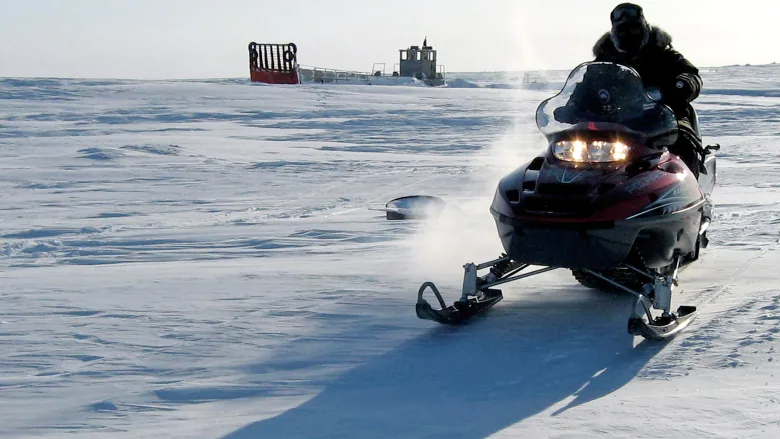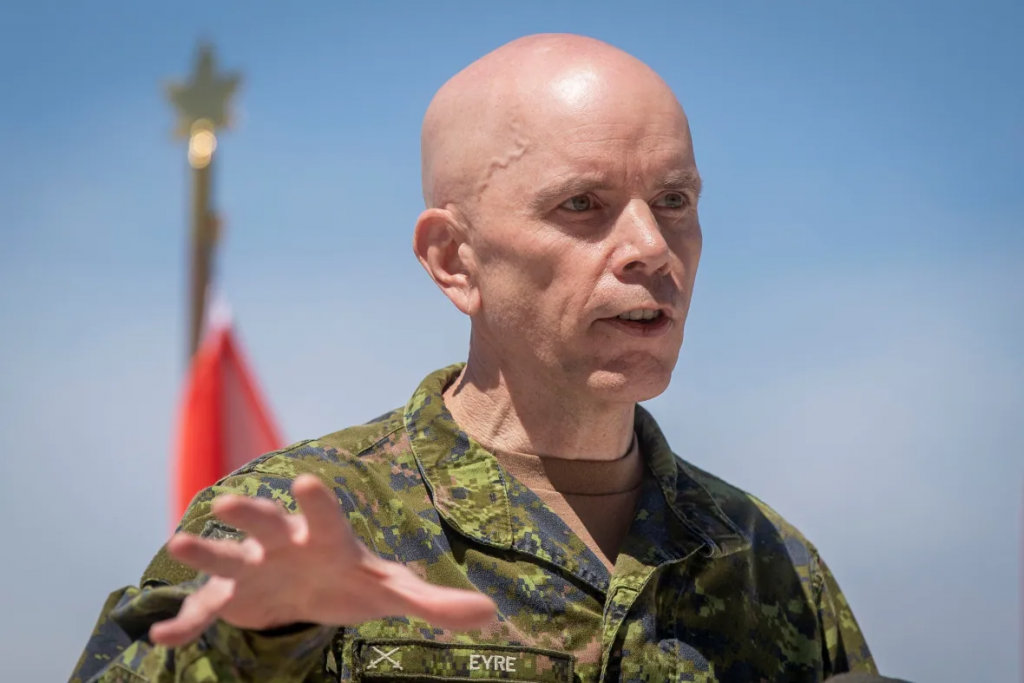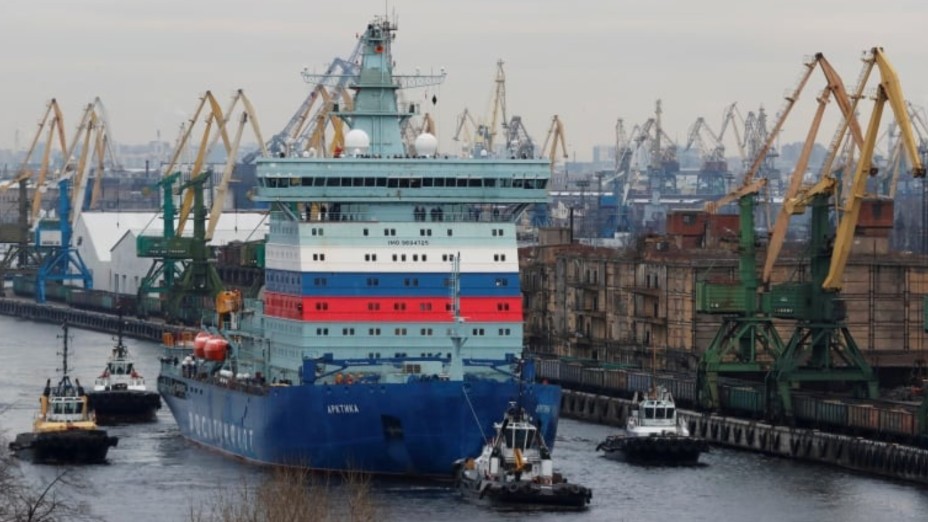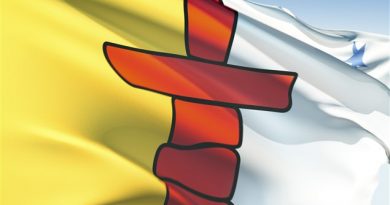Russia, China could challenge Canada’s ‘tenuous hold’ in Arctic, says top soldier

Gen. Wayne Eyre said that while the threat isn’t immediate, it’s out there
Canada’s hold on the outer reaches of its Arctic territory is “tenuous” and will face significant challenges from both Russia and China in the future, the country’s top military commander warned a parliamentary committee on Tuesday.
Gen. Wayne Eyre, the chief of the defence staff, told the House of Commons defence committee — which has embarked on a study of the country’s security posture in the region — that the Far North does not face an immediate threat.
“Right now, today, we don’t see a clear and present threat to our sovereignty, not today, not this week, not next week, not next year,” Eyre said.
“However, in the decades to come, that threat, that tenuous hold that we have on our sovereignty, at the extremities of this nation, is going to come under increasing challenge.”

He emphasized the need to follow through on Defence Minister Anita Anand’s spending commitment, announced in June, to support the modernization of NORAD and continental defence and the establishment of an undersea network of surveillance sensors.
The Liberal government promised to spend $4.9 billion over the next six years to modernize continental defence.
That figure represents Canada’s share of the cost of overhauling NORAD, the decades-old bi-national air defence command designed originally to watch out for Soviet bombers. The United States covers about 60 per cent of the bill for NORAD.
Eyre also said the military needs to have increased transport capacity to quickly move troops into the region and sustain them.
A ‘persistent, not permanent presence’ in the Arctic
“It’s important to invest in capabilities today that will be with us for decades to come,” he told the four-party committee.
Canada has a “persistent, not permanent presence” in the Arctic which will be challenged as climate change opens up the northern sea lanes, Eyre said.
Beijing is moving to increase its presence in the region with its so-called “Polar silk road” initiative, which means to connect the world’s three major economic centres — North America, East Asia, and Western Europe — through the Arctic Ocean.

Eyre said the war in Ukraine has weakened Russia to the point where it could become a “vassal state” of China.
The committee of MPs focused some of their questions on whether Canada will end its decades-long prohibition on participating in the U.S. ballistic missile defence program.
The technology and military capabilities involved, coupled with the plans for NORAD’s modernization, have moved beyond a debate over a single defence capability, Eyre said.
North American air defence measures against intercontinental and cruise missile attacks are now largely interconnected, he said. In an aside, the defence chief said the war in Ukraine — which has seen civilian infrastructure demolished by Russian missiles and drones — demonstrates the need for an air defence system.
Jonathan Quinn, the Department of National Defence director general of continental defence policy, also appeared before the committee Tuesday. He told MPs the modernization of air defences will involve the introduction of what’s known as over-the-horizon radar, which is designed to detect distant targets (such as cruise missiles) beyond the range of ordinary radar.
“The intention is certainly to have over-the-horizon radar that will cover out to the extremities of the Arctic archipelago,” Quinn said.
“There’s actually a polar over-the-horizon radar system as well that was part of the announcement, that would see over the pole. So there’s still some residual research and development to do to resolve some of the issues presented by the atmosphere at that very high latitude.”
Once the NORAD upgrade is completed, he said, “the intention would be to have full coverage over Canadian territory and approaches.”
Related stories from around the North:
Canada: NORAD’s role vital for North America and for NATO, says Stoltenberg, CBC News
Finland: No return to pre-war reality when it comes to Arctic cooperation, says Finnish rep, Eye on the Arctic
Norway: Four Russians arrested in Norway on suspicion of photographing secret object, The Independent Barents Observer
Russia: Newly deployed nuke-bombers at Kola is certainly a signalling, expert says, The Independent Barents Observer
United States: Two Russians seek asylum after reaching remote Alaska island, The Associated Press



